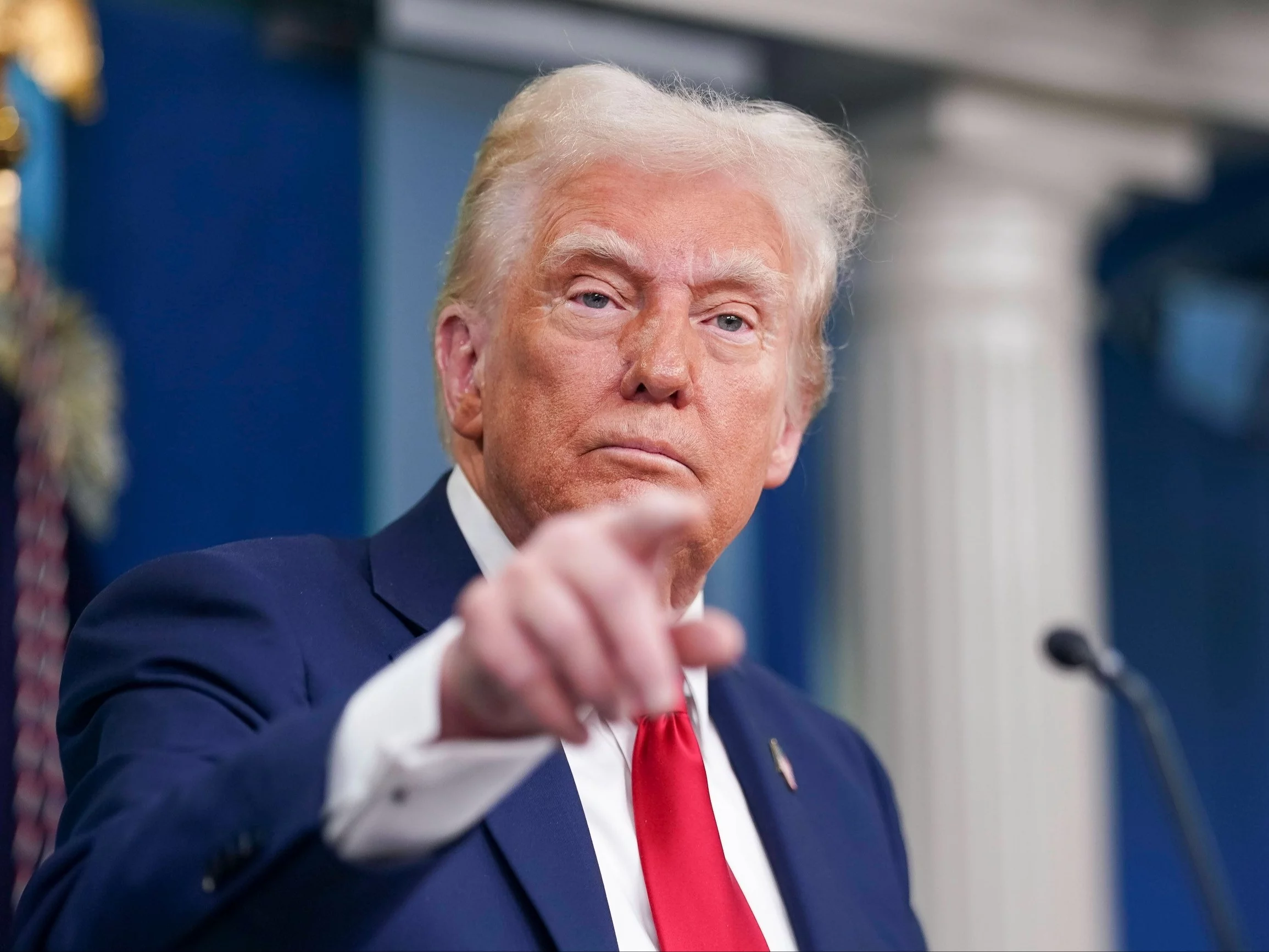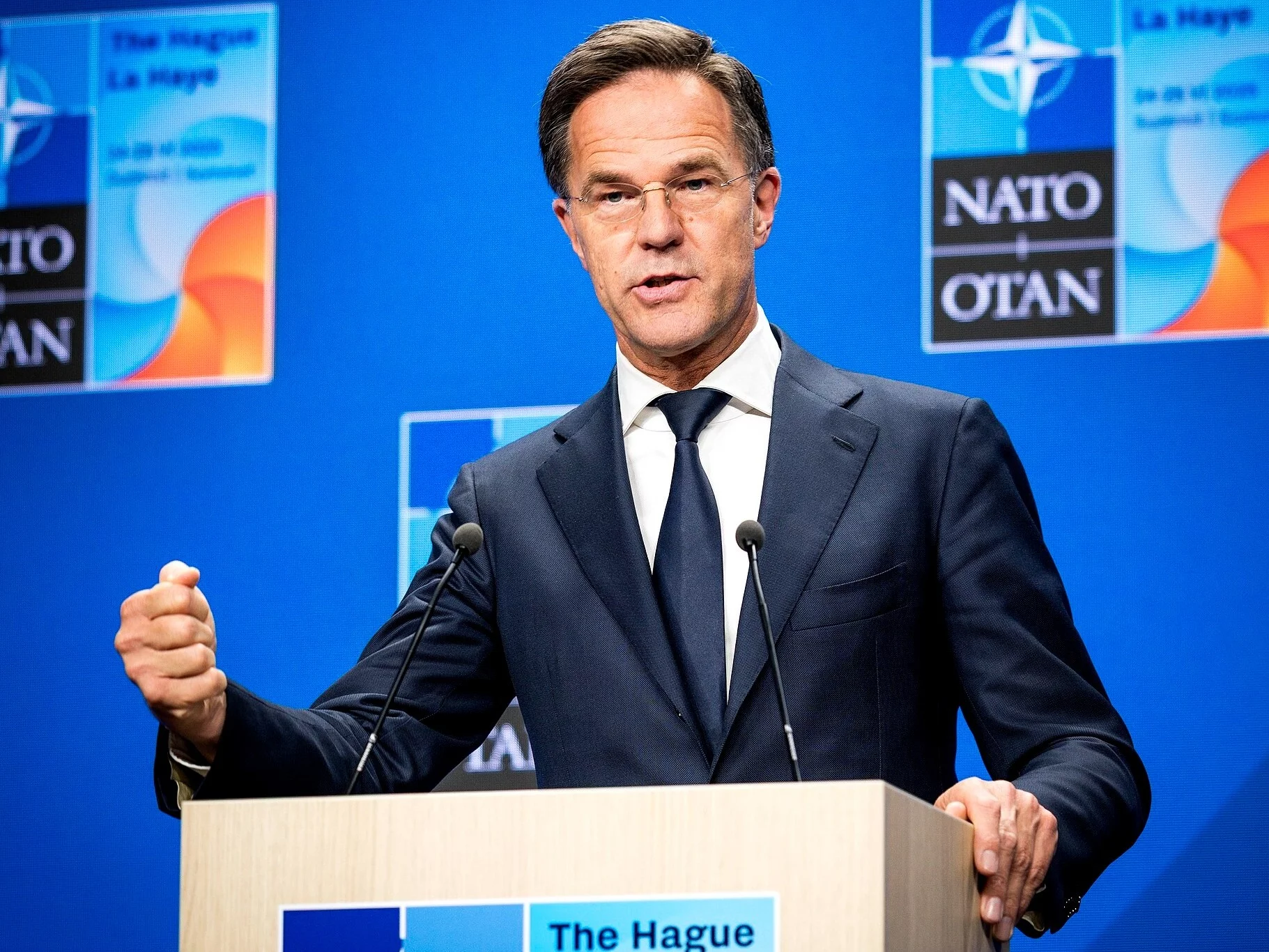
Doug Casey On The Neocons And Their Push For The Next Big War
Via InternationalMan.com,
International Man: Who exactly are the neoconservatives—where did this movement originate, what do they fundamentally believe, and why does their ideology seem so relentlessly focused on promoting war and global intervention?

Doug Casey: Most of the neocons have a background as socialists or hardcore leftists. But the neocons are smarter than the average statist in that they could see that socialism was a failure—it wasn’t working anywhere. So what they did was adopt conservative-seeming economic policies, while maintaining all the other trappings of socialism.
Neocons are universally state worshipers. They don’t believe in principles as a matter of principle. You could say that a foundational thinker for the neocons is Niccolò Machiavelli, who promoted the idea in his book The Prince that whatever works and accomplishes the goal of the ruler should be done—that it’s counterproductive to think in terms of right, wrong, or morality.
Many neocons self-identify as Wilsonians. Woodrow Wilson was one of the very worst presidents, responsible for the income tax, the Federal Reserve, US participation in WW1, and trying to “make the world safe for democracy,” among other things.
International Man: The neocon agenda appears to be intellectually rooted in figures like Leo Strauss and even Trotsky. How do you explain the rise of this ideological blend within what many still call the “conservative” movement?
Doug Casey: They only seem conservative because they’ve found it useful to adopt free market–seeming economic policies. This goes back to the long-standing confusion between capitalists and fascists.
Socialists believe in state ownership of the means of production—factories, farms, mines, and the like. Capitalists, however, believe in private ownership of the means of production, as well as private control over them. Fascists—a word that was coined by Mussolini, incidentally—also believe, or at least tolerate, the private ownership of the means of production. That’s why they’re easily confused with capitalists. But fascists believe in complete state control over the means of production, while leaving ownership in private hands.
This is why there’s so much confusion in the public’s eyes between capitalism and fascism. The key difference is control, and a strong partnership between the private and public sectors. That greatly enhances the ability of business owners to enrich themselves, at the expense of the average worker.
In point of fact, neocons are all fascists—in every way. They worship the state, just like in fascist Germany and Italy, where industries were privately owned but completely tied to the interests of the state. Almost all the world’s economies are fascist; there are no pure capitalist or socialist countries. We really should call the neocons fascists.
They also have an aggressive foreign policy, which fascists are known for. They’re fascists in every way, including their support for substantial welfare programs for the populace.
International Man: Despite a track record of costly failures—from endless wars to ballooning government power—why do neoconservatives still wield such influence? Why does anyone in Washington or the media continue to take them seriously?
Doug Casey: I’d say it’s because of their outspoken belief that the State should be the central influence in society. That the government should be the country’s dominant force, not the family, religion, business, or other civil institutions. People now go along with that. It’s understandable that everybody wants a big brother to kiss all their problems and make them better. The average person, who wants something for nothing, a free lunch, is morally weak. And he’s intellectually confused by statist propaganda.
If you create a powerful state which promises to not only take care of you, but also to “win” against other states, a lot of people will respond. Many treat the State the same way football fans treat their favorite teams: “we” will win against “them.” It’s easy to get the hoi polloi hooting and panting like chimpanzees against some fabricated enemy.
Intellectuals have coined arguments that cater to this kind of mass psychology, and people go for it. They like the idea of being protected and being part of a powerful, winning team.
I’ve met any number of well-known neocons personally. Charles Krauthammer, Bill Bennett, and Paul Wolfowitz among them. They’re intellectuals and quite civilized on the surface. But all of them promote completely evil and destructive ideas. The fascist system we have has treated them very well. They’ve become much wealthier than they could have under socialism or capitalism.
International Man: Trump and his envoy, Steve Witkoff, have recently called out the neocons by name.
Figures like Douglas Murray have suggested the term ‘neocon’ is the new n-word. Mark Levin has gone so far as to label its use anti-Semitic.
Why are some neocons using accusations of racism to shut down legitimate and important discussions?
Doug Casey: A great way to shut down any discussion today is to call your opponent a racist. And this has some grounding with neocons because a large majority of them—just like a large majority of intellectuals in general—are Jews. Neocons are reflexively pro-Israel as well. I listened to Mark Levin go on a rant about this on his show recently; he was practically frothing at the mouth in anger.
It’s odd that people consider it racist to stereotype any group and decry that as a bad thing. It’s not. Stereotypes develop because they reflect reality. Members of stereotyped groups often prefer to pretend that we’re all equal, and their group is just like anyone else. But it’s a fact that birds of a feather flock together.
It’s unfortunate that almost all the leading neocon intellectuals are Jews.
International Man: The neocons have long pushed for US war with Iran. What would the geopolitical fallout be if they succeed, and how might such a war impact global markets, energy prices, and economic stability?
Doug Casey: It would be a huge mistake for the US to attack Iran, as they seem to be planning to do. They’re moving B-52 and B-2 bombers to Diego Garcia, which is within easy striking distance of Iran, while Trump thumps his chest and threatens war. It’s a mistake because Iran is a somewhat advanced society with about 92 million people; it’s hunting big game, not like the pipsqueak countries the US has been losing against for the last 75 years. But also because any outside attack always unites a domestic population. It would unite them against the US, and further empower the Mohammedan ideologues now in charge.
It would also be a mistake because it would be immoral—not that anyone cares. The Iranians have never attacked the US. The world is, I think, getting tired of the US promiscuously bombing anyone they like. In fact, almost all of the Islamic terrorism over the last 30 or 40 years has come from Sunni Muslims. The Iranians are Shia Muslims. They don’t get along well with the Sunnis—much like Irish Catholics never got along with Irish Protestants, or Protestants and Catholics in Europe generally never got along back in the days when religion was a factor.
It’s suspicious, now that Trump has become so cozy with the Gulf States and Saudi Arabia, which are all run by Sunnis. It makes sense that they’d like to use the US as a cat’s paw to steal Iran’s oil. Just as Israel would like to use the US as a means of taking out their enemy. It looks like the US, and Trump, are being used to do the bidding of the Arabs and the Israelis. Although we’re in no way threatened by the Iranians.
If a war did happen, the Iranians are in a perfect position to close the Strait of Hormuz, which is the conduit for around 40% of global oil exports—about 21 million barrels transit the Strait daily. None of it, incidentally, goes to the US. It’s genuinely not our problem.
The smart thing for the US is simply to leave Iran alone. If they have problems with their neighbors— Saudi Arabia and particularly Israel—let them sort it out among themselves.
Because Iran is a theocracy, making many economic decisions based on religion rather than economics, the current regime will eventually collapse, and the country will reorient. The last thing we need is to carry somebody else’s water by starting a potentially catastrophic war where the US has absolutely nothing to gain, but a lot to lose.
* * *
As Doug Casey makes clear, the neocon agenda is not only reckless but deeply tied to the growing economic and geopolitical instability we face today. The consequences of their actions could trigger a crisis unlike anything we’ve seen in decades. Read our special dispatch: Guide to Surviving and Thriving During an Economic Collapse — a crucial resource for those who want to not only protect themselves, but come out ahead when the system buckles. Click here to download it now.
Tyler Durden
Sat, 05/24/2025 – 21:00













